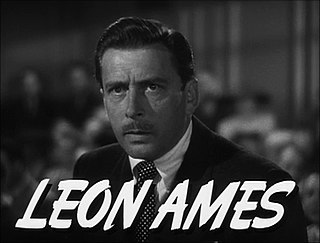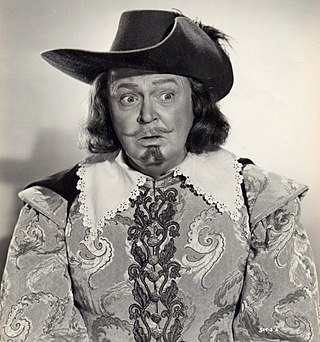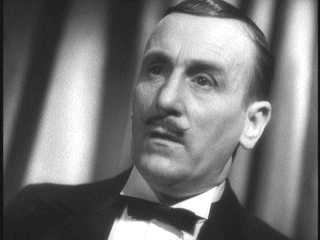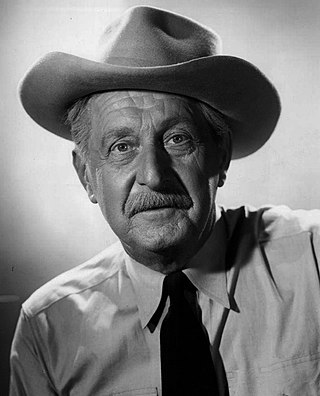Show development
The series was created by Emmons Carlson and Irna Phillips, who based it on personal experiences. After giving birth to a still-born baby at age 19, she found spiritual comfort listening to sermons by a preacher of a church centered on the brotherhood of man. These sermons formed the nucleus of the creation of The Guiding Light, which began as a radio show. From 1937 to 1946, the show was broadcast from Chicago on the NBC radio network.

The show was canceled by NBC twice, once in 1939 and once in 1946. The first time on October 13, 1939, it was brought back by the popular demand of the listening audience and began again only four months later, on January 22, 1940. (Although some of the characters, Rose Kransky and part of her family, briefly transitioned to another Phillips' creation, The Right to Happiness , with Phillips bringing back the characters to The Guiding Light when NBC restarted the show.) The November 29, 1946, NBC cancellation coincided with the Federal Communications Commission forcing a split of NBC and the creation of the ABC network. CBS would pick up the show seven months later, on June 2, 1947. CBS would be where the show would stay until its cancellation on television in September 2009.
Procter & Gamble was the original sponsor of The Guiding Light until March 16, 1942, when General Mills started sponsorship. Procter & Gamble would again sponsor the show when CBS picked up the show on June 2, 1947.
The show started in the locale of Five Points, a fictional enclave neighborhood of Chicago, but in 1947 when CBS brought back the show, the locale transitioned to the fictional suburb of Los Angeles, Selby Flats.
From 1943 to 1946, The Guiding Light and two other Phillips-created soaps ( Woman in White and Today's Children ) were aired as a programming block known collectively as The General Mills Hour, with Guiding Light cast member Ed Prentiss acting as master of ceremonies. Major characters made crossover appearances between the three shows, and at one point during this period, Phillips considered the experiment of running the individual program segments longer or shorter than the then-traditional quarter-hour. However, the Hour was disbanded before Phillips could proceed further with the idea. [2]
From 1947 to 1949, the show was broadcast from Hollywood, but in the fall of 1949 the show moved to New York City where it remained or was based until the show was canceled in September 2009. [3]















